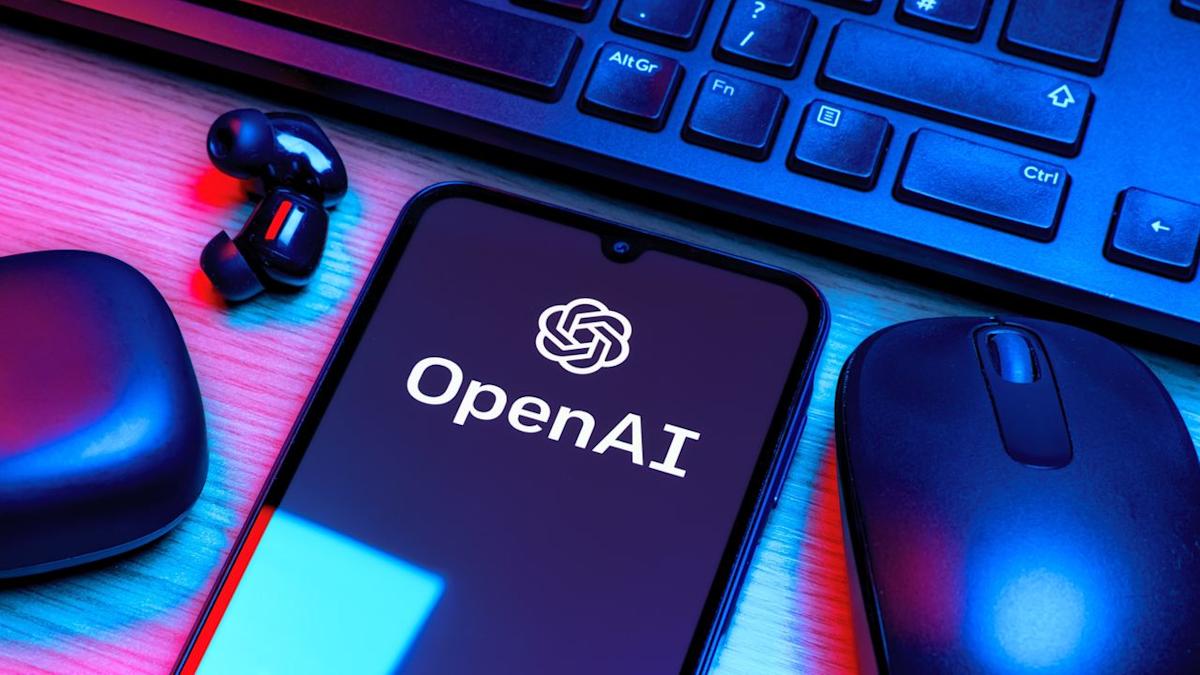OpenAI Releases Open-Weight Language Models for Wider Accessibility

Artificial intelligence firm OpenAI has unveiled two new language models designed to run effectively on consumer-grade graphics processing units (GPUs). Announced via a blog post, the models, named “gpt-oss-120b” and “gpt-oss-20b,” represent a significant step towards broader accessibility for AI development. The larger model, gpt-oss-120b, is optimized to operate on GPUs with 80GB of memory, while its counterpart, gpt-oss-20b, can function within the constraints of devices possessing only 16GB of memory – a notable feat for models of this scale.
These releases mark the first open-weight language models since GPT-2 and mirror the principles of open-source software by enabling greater developer access and facilitating adaptation across diverse applications. OpenAI’s decision to release these models aims to promote adoption in emerging markets and other sectors where deploying proprietary AI solutions might be challenging.
According to OpenAI’s internal evaluations, gpt-oss-120b demonstrates performance nearly equivalent to the company’s previous o4-mini language model on reasoning tasks, but achieves this capability using a single GPU. The smaller gpt-oss-20b exhibits comparable performance to the outgoing o3-mini model while requiring just 16GB of memory. Testing revealed that gpt-oss-120b exceeded the capabilities of both the o3-mini and o4-mini models in areas such as competitive coding, problem solving, and tool utilization, additionally surpassing o4-mini in specialized domains like healthcare inquiries and mathematical reasoning. gpt-oss-20b mirrored this performance when benchmarked against the o3-mini model.
The gpt-oss models are now available under the permissive Apache 2.0 open-source license. OpenAI has established partnerships with numerous technology providers, including ONNX Runtime, Azure, AWS, and Ollama, to ensure broad support and accessibility across various platforms.









